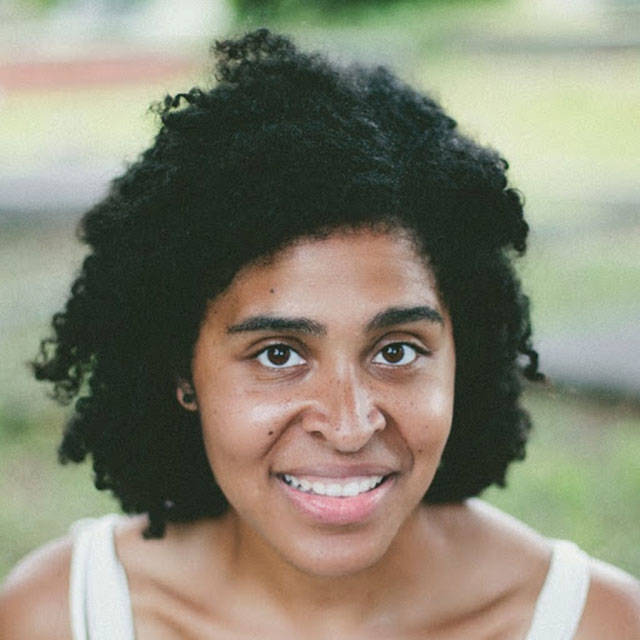When the video of the brutal murder of George Floyd at the hands of Minnesota police officers surfaced on the internet, our nation exploded with outrage and protests. Ordinary people in all 50 states and around the world are risking their lives to protest in the midst of a pandemic. Time after time, we have seen unarmed black people killed with impunity under a justice system that allows their predators to hide behind a badge and a gun. Protestors are demanding equal protection under the law for black bodies and calling for police departments across the country to be defunded.
But what does that have to do with a small, predominantly white, liberal, island in Puget Sound?
How should a place like Vashon talk about race and racism? The George Floyds and Breona Taylors of America feel far removed from our rural community surrounded and insulated by water. Police brutality and lynching seems foreign to an island with one or two police officers and a handful of black residents.
When we moved to Vashon several years ago, I noticed a strange phenomenon: two groups that seem pitted against one another. The blue-collar “native” islanders, some of whom are living paycheck to paycheck and struggling to make ends meet. This long-time status is, somewhat understandably, worn as a badge of honor and some seem to be resentful of new emigrants to the island, sensing their way of life is being destroyed. As middle and upper-class newcomers migrate in with their “wokeness” talking about the suffering of others, they’re often, at the same time, snapping up wildly overpriced properties all over the island — gentrifying what was once considered a sleepy weird rural town and locking the “natives” out of affordable housing.
The minority communities who have taken root on the island dance on the outskirts of this fundamental tension, and in this way Vashon is a microcosm of America. Like America, Vashon feels like a segregated island. We have not learned how to live together in a way that is sustainable for everyone.
If we want to have a real conversation about racism on a white island we have to ask whose ancestral homeland we live on. This is the home of the Sxwobabc people who are a part of the Puyallup Tribe of the Coast Salish people. Their villages lined Quartermaster Harbor long before the yacht club or the sailboats. They practiced sustainable agriculture long before the factories of Tacoma polluted the soil of the island. These people did not cheerfully give their land to white settlers. Many were killed by disease that Europeans brought from their countries. Those who survived were sent to concentration camps on Fox Island and later to reservations in Tacoma. Our past may seem distant, but the Puyallup people are still feeling the effects of their forced evacuation.
The truth is that we all are living and profiting off of stolen land. If we want to combat racism on our island we have to be brave enough to imagine a new way of living. Can we achieve what our predecessors could not? Can we live in a community with our native siblings in a way that allows us all to equitably flourish? I see the black struggle in the forced removal of the Native-Americans from their homeland. I see it in their struggles with police, the lack of life opportunities for their youth, and a healthcare system that often fails to heal their sick. I see the black struggle in the eyes of the island poor who are living paycheck to paycheck. They do not have the bandwidth to engage with the suffering of others, because they are just trying to survive. I see the black struggle in their fear of gentrification and see them wondering if they will have to leave an area that they love.
I thought about writing a piece chronicling my experiences living in white spaces or maybe about the fear I live with as a mother to black children. I wasn’t convinced I would be heard. If we refuse to confront the racism, classism, and economic destruction in our midst, we will fall short in our struggle for the liberation of black communities. So many view this island as a protected place, but this is still America: and even here there is blood in the water.
Renee Henson was born in New Orleans, Louisiana and raised in Marietta, Georgia. She moved to Vashon three years ago with her husband and four children. She has a professional background in non-profit public relations and development.



